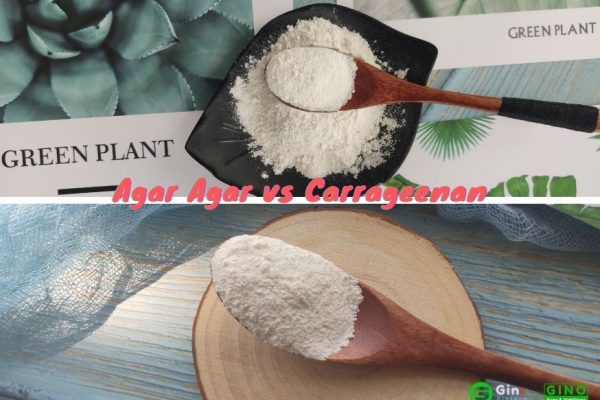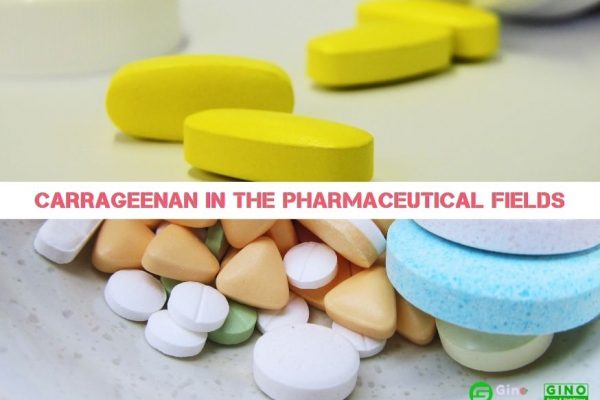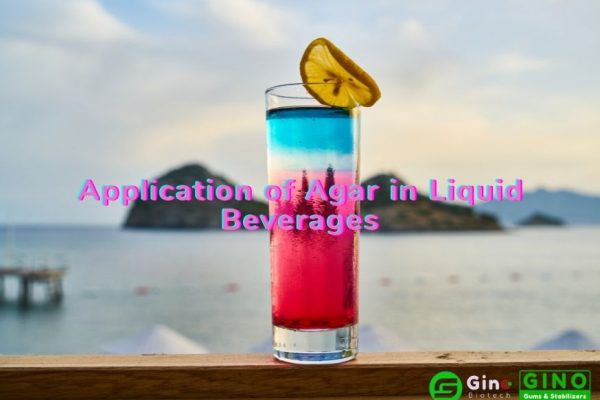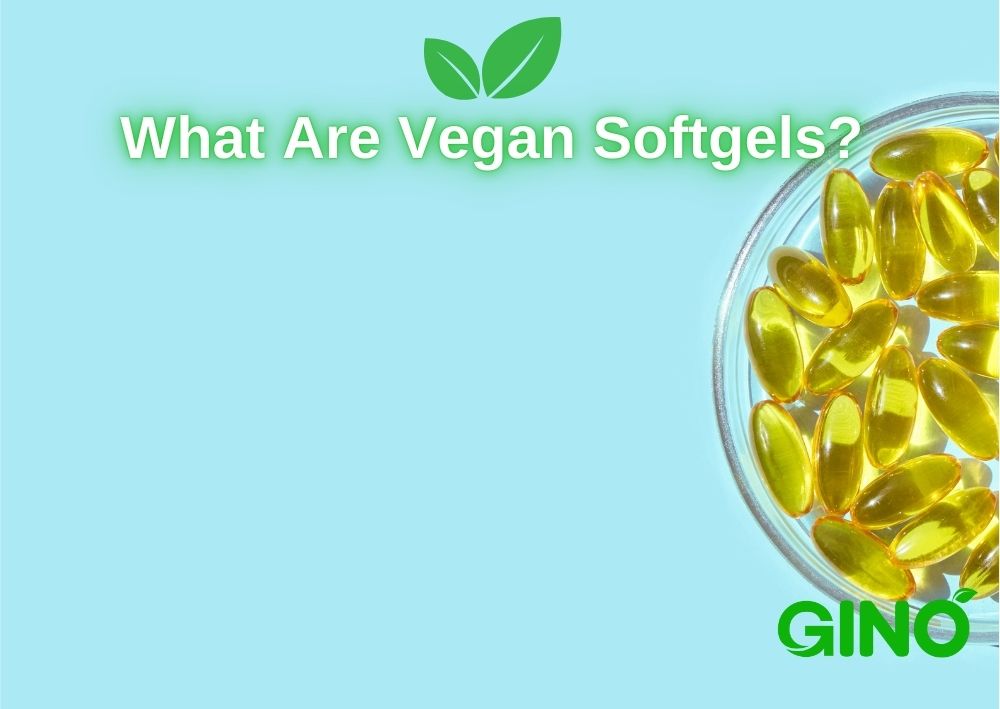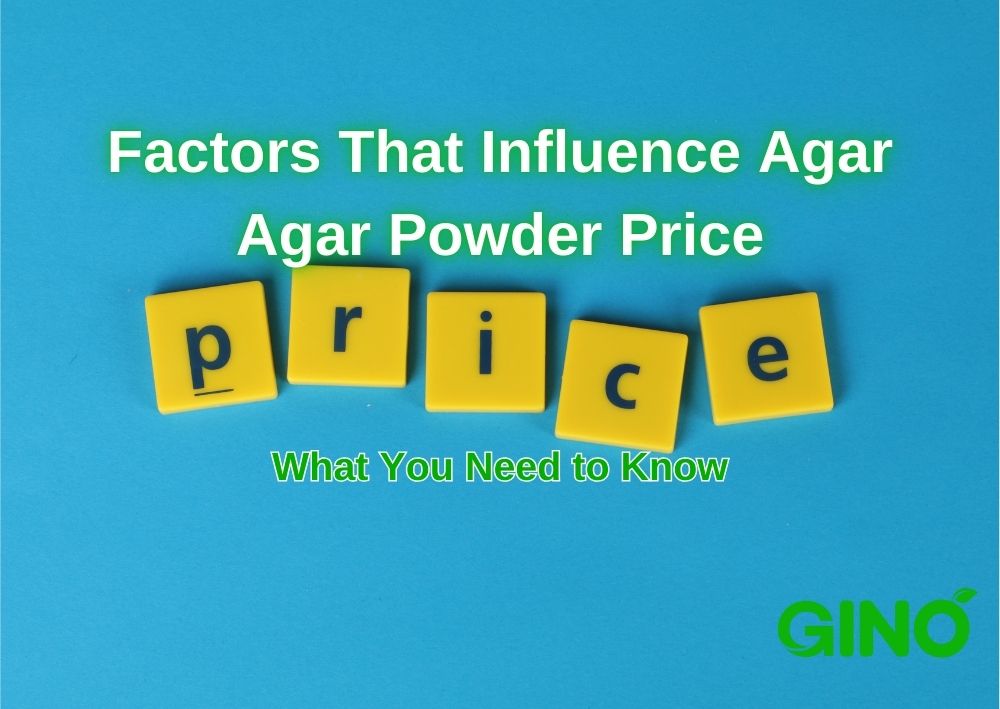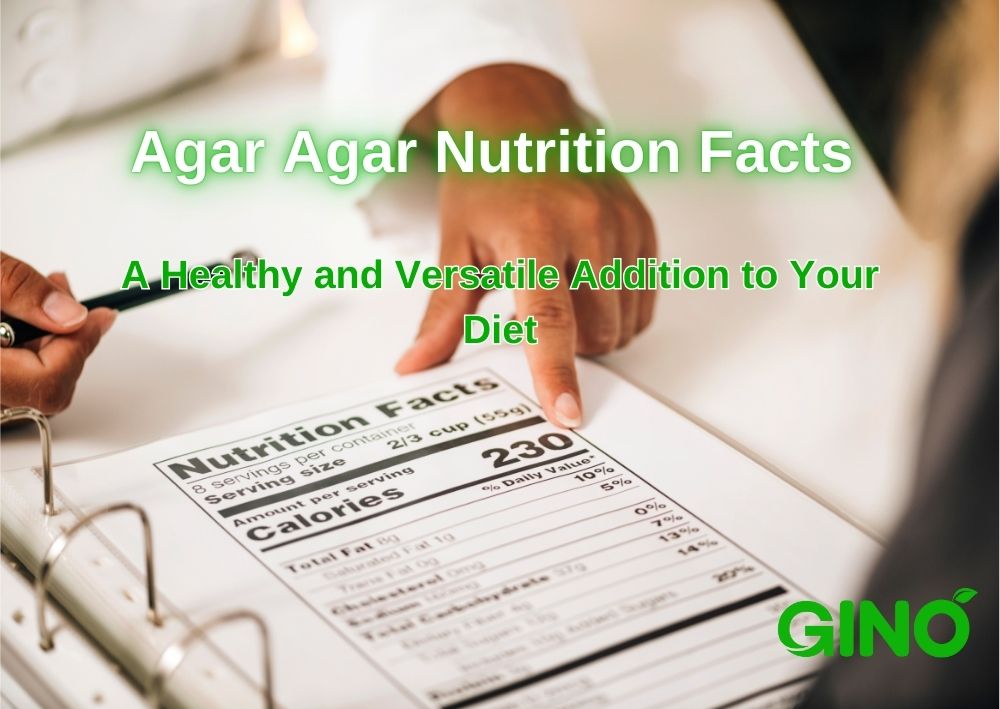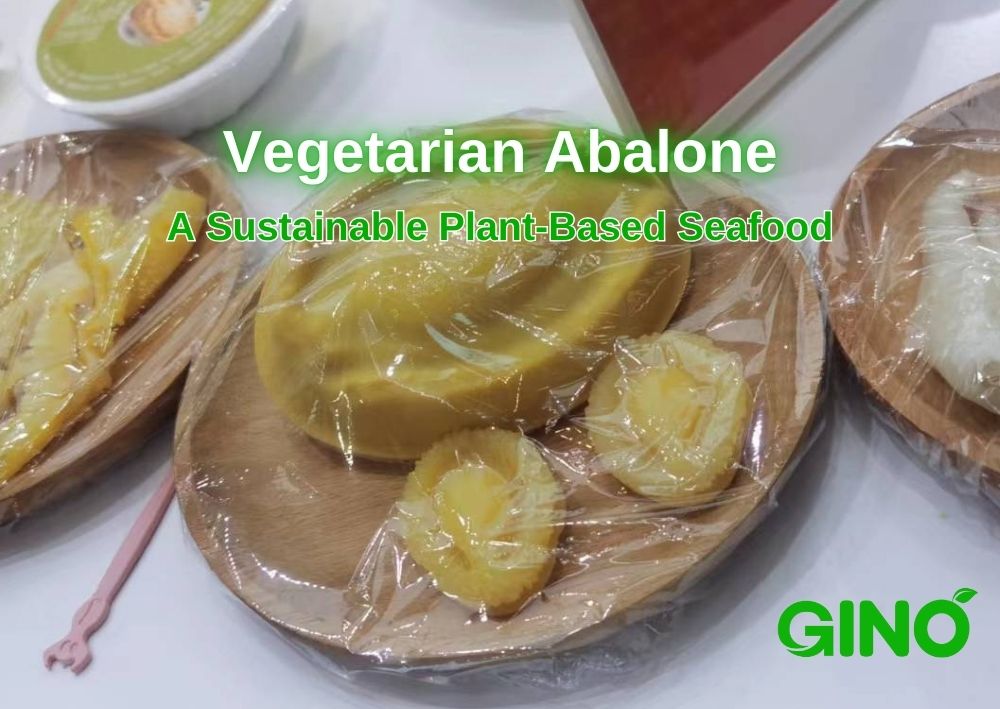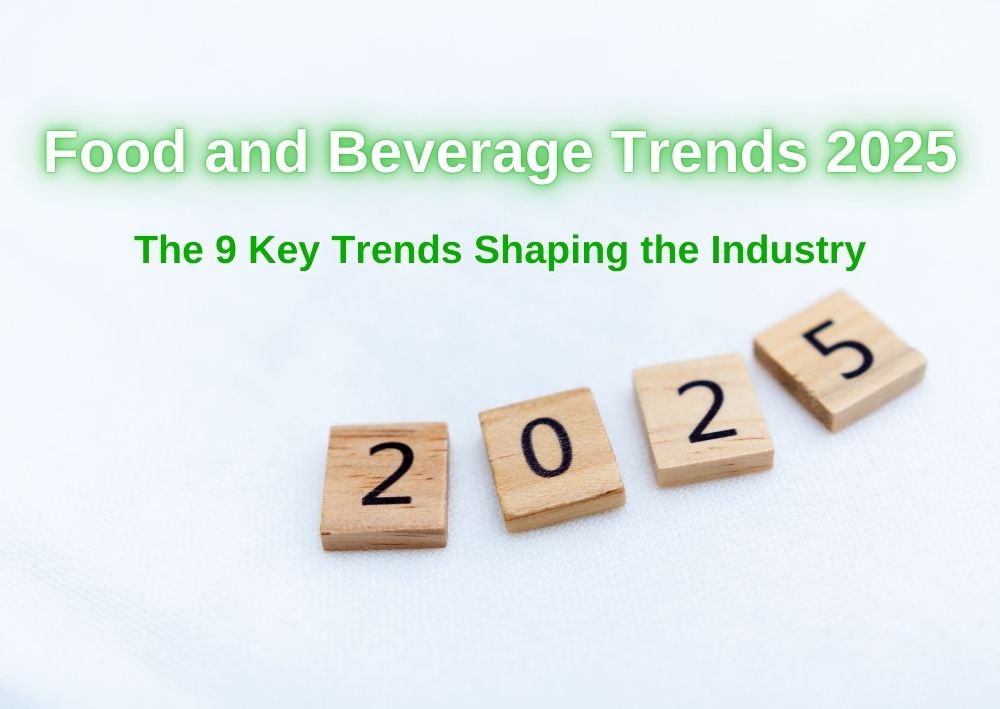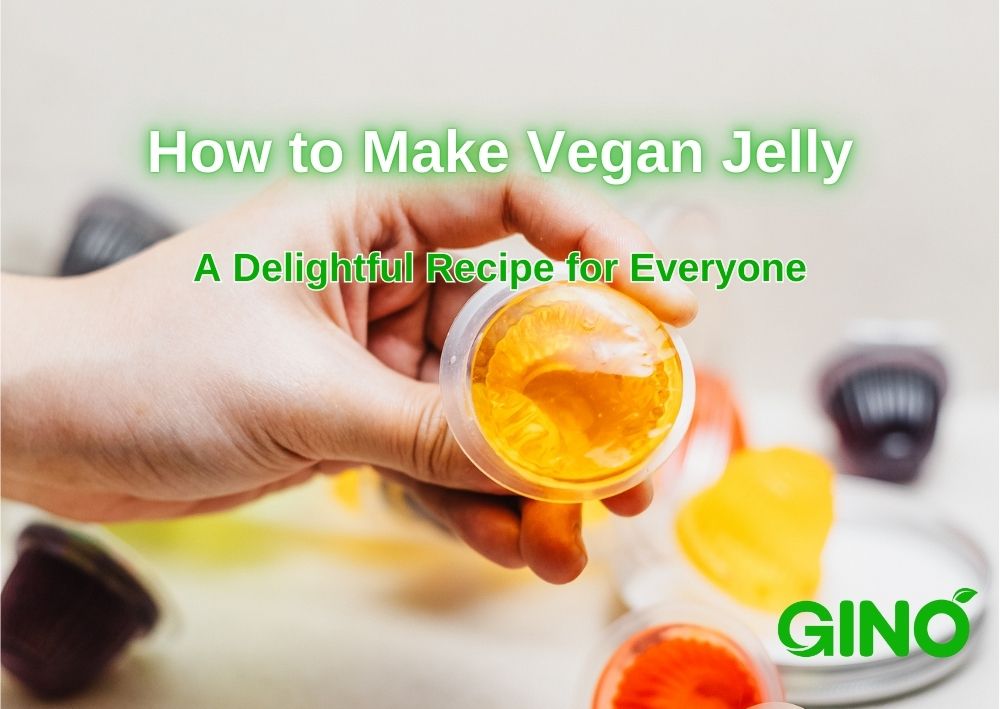Fish Meat Without Fish! Plant-Based Seafood is Selling Like Hotcakes
Plant-Based Seafood
Facebook
트위터
LinkedIn
초록:
In order to reduce the burden on the environment, many people are reducing their meat intake, and this trend is also blowing to plant-based seafood.
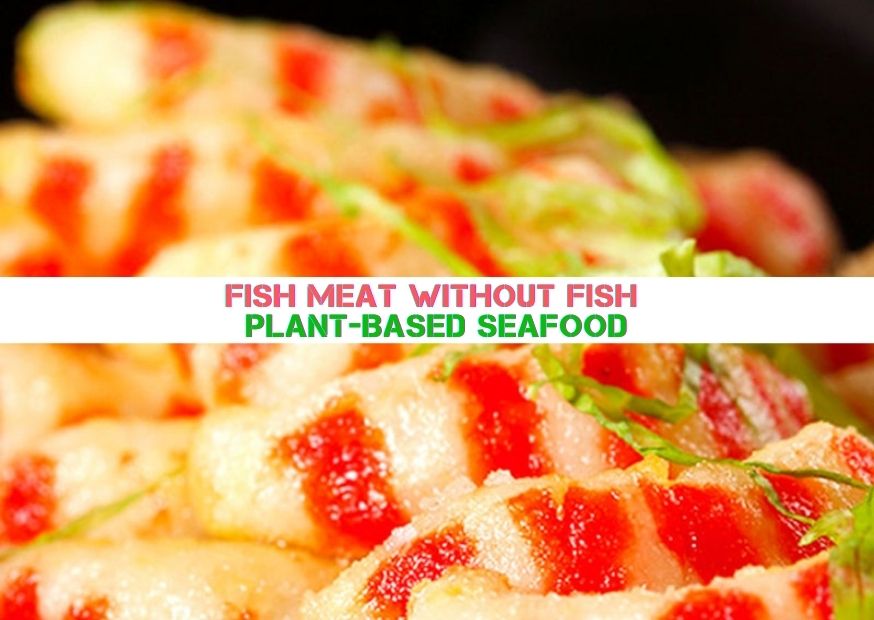
1. Plant-Based Trends
Among the food trends of recent years, there is one that we can probably all agree on - the rise of veganism. Vegetarians in the UK have soared from 150,000 a decade ago to 540,000 today, a 350% increase, and the meat-eating nation of the US now has 7.3 million vegetarians and 22.8 million people are adopting vegetarian-leaning recipes. The popularity of vegan recipes, the popularity of vegan accounts on Instagram, the growing number of vegans around you - these are all signs of a growing vegan market.
2. New Category: Plant-Based Seafood
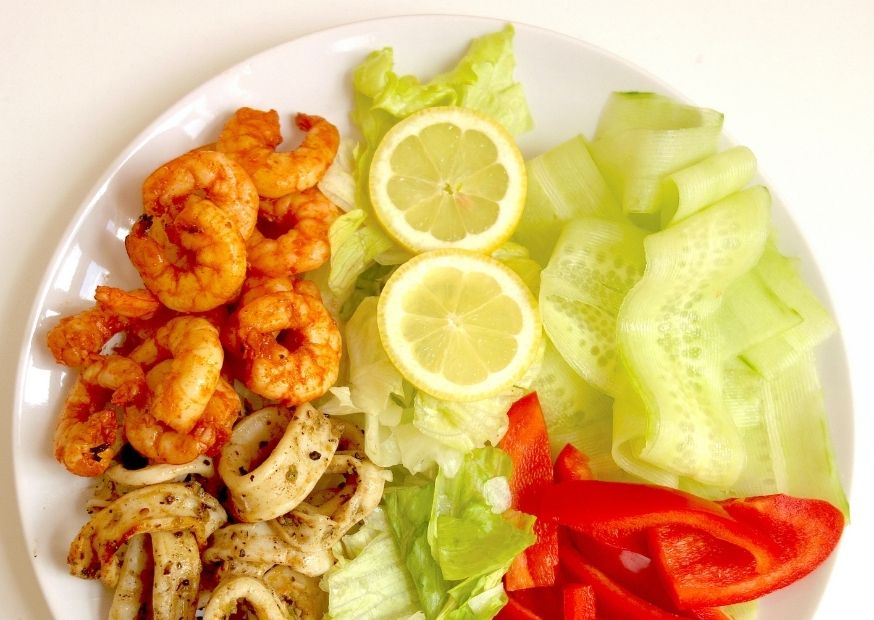
In order to reduce the burden on the environment, many people are reducing their meat intake, and this trend is also blowing to plant-based seafood.
There's another category that's been booming lately: Plant-based seafood (vegan seafood). Basically any seafood you can think of that has been mimicked with vegan food has been replaced in nutritional value by grain proteins and soy proteins.
The people who tried plant-based seafood said: No way, no way, it's really super delicious. The people could not help but sigh, eat into the mouth of Q-string fried shrimp, but there is no shrimp, and the common fried fish, and even the higher unit price of dried scallops, crab meat cakes, but also all made of plants, not a bit of seafood.
3. Plant-Based Seafood Near Me
Plant-Based Seafood Company
They're already taking over U.S. restaurants in the vegan craze - New York salad chain Fresh & Co. uses tomato sushi in its quinoa salad; May Wah Vegan Cuisine sells vegan salmon, vegan scallops and vegan tuna; and consumers can buy vegan seafood at Whole Foods. Whole Foods also offers crab cakes and vegetarian fish nuggets that do not contain crab meat.
Monica Talbert, an American plant-based seafood producer: "Having worked in the seafood industry for many years, many of these conditions are unacceptable and have inspired us to develop seafood that is different from the options available on the market and that will make the planet sustainable.
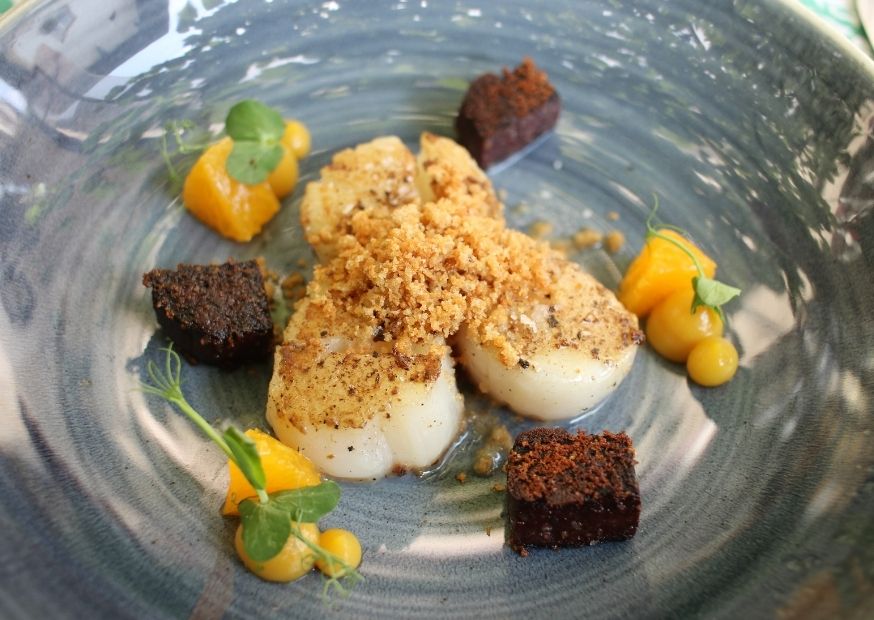
This traditional seafood processing plant in Virginia, USA, which has been operating for 20 years, is determined to transform into a plant-based seafood company, using plants such as artichokes instead of underwater organisms, in order to implement the concept of marine environmental protection.
Foreign media financial reporter (2021.01.11): "New Wave Foods announced that its plant-based seafood products have received US$18 million in Series A financing from investors including Enrichment Investment, Evolution VC Partners, and Tyson Foods.
Tyson, the largest meat processor in the U.S., has taken a liking to San Francisco start-up New Wave Foods, which produces vegetarian shrimp with green beans and seaweed, and Nestle, which has spent less than a year on research and development.
4. Plant-Based Seafood Market
The vegetarian seafood market is growing at a rate of more than 20% per year. Big food companies have invested in vegan startups this year (Tyson, the largest U.S. meat producer, bought a 5% stake in Beyond Meat, which also counts Bill Gates and General Mills among its investors; Pinnacle Foods also bought Gardein Protein International, which makes vegan chicken and beef, two years ago), and Some more Fortune 500 companies are reportedly starting to inquire about the vegan seafood industry - Sophie's Kitchen, one of the more popular consumer names in the sector, has received similar requests for exposure.
Eugene Wang, one of the founders of Sophie's Kitchen, started the business because his daughter was allergic to shrimp, so he decided to find a seafood alternative that wouldn't trigger allergies. Their products now use soybeans to provide protein and konjac to emulate the taste of shelled seafood. However, although the original starting point was for people with seafood allergies, their Facebook page is not exempt from every entry promoting aquatic animal welfare or veganism.
Foreign media financial reporter: "Meat without meat is hot, but fish products without fish meat, may be the next new battlefield, analysts predict that by 2024, the global market for vegetarian meat, will reach $ 23 billion.
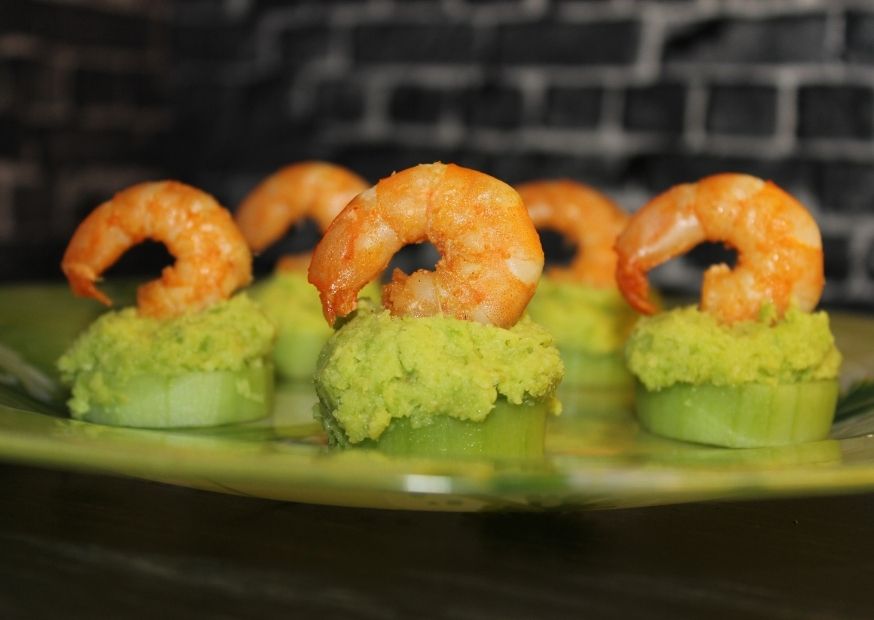
5. Plant-Based Seafood in the Future
Following Impossible Foods and Beyond Meat, which made a name for themselves in the plant-based meat sector, the future of plant-based seafood is looking good.
Despite the faster growth of the plant-based seafood market and the increase in startups, however, according to Michele Simon, executive director of the Vegan Society, vegan seafood still represents a small portion of the vegan market because vegan consumers are not as concerned about the environmental issues and humane welfare of aquatics as they are about the land-based industry. She also observes that "terrestrial animals get more sympathy".
Veganism aside, for people with seafood allergies, realistic tasting vegetarian seafood is a good option to satisfy their cravings.
Related Articles
최근 게시물
채식 소프트젤이란 무엇인가요? 식물성 캡슐에 대한 초보자 가이드
2025-03-08
한천 영양 성분: 식단에 건강하고 다양하게 추가할 수 있는 한천
2025-01-18
식음료 트렌드 2025 | 입맛의 미래
2025-01-11
비건 젤리 만드는 방법: 모두를 위한 즐거운 레시피
2025-01-05
지노 바이오테크 소개

당사는 혁신적이고 기술적인 식품 첨가물 하이드로콜로이드의 연구, 개발 및 상용화를 전문으로 하는 생명공학 기업입니다. 한천 한천, 카라기난, 그리고 맞춤형 안정화 솔루션.
하이드로콜로이드의 연구, 적용 및 사용에 대한 광범위한 노하우와 경험을 바탕으로 원스톱 서비스를 제공할 수 있습니다. 맞춤형 솔루션 고객의 요구사항에 완벽하게 부합합니다.
우리의 제품 육류, 유제품, 베이커리, 제과 및 기타 산업 부문의 요구 사항을 충족합니다.


